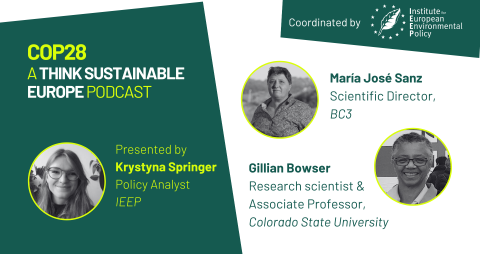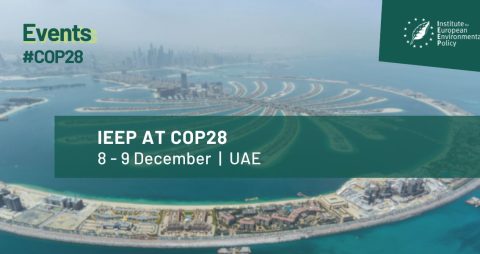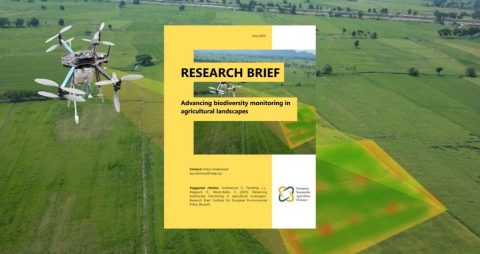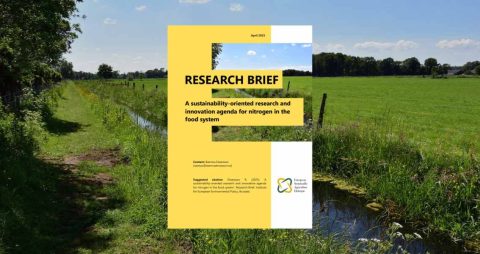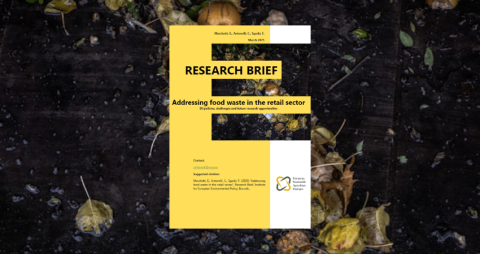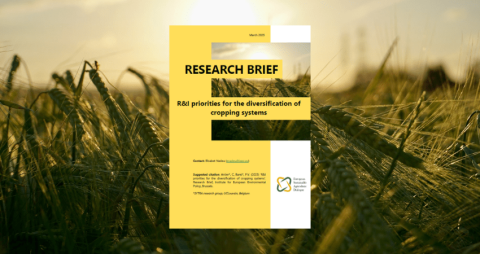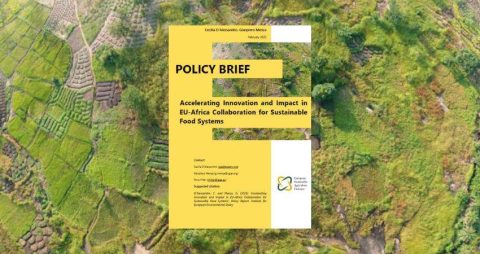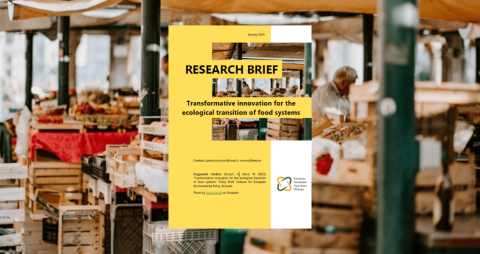European Sustainable Agriculture Dialogue
- Home
- Initiatives
- ESAD
Overview
The European Sustainable Agriculture Dialogue (ESAD) is a multi-stakeholder platform created in 2019 that brings together key actors from across society – including industry, civil society, universities, and research centres – to discuss key topics, exchange our views and standpoints, and ultimately shape decisions towards sustainable agriculture.
ESAD brings together a diverse group of members that represent several and often traditionally conflicting interests. Besides formal meetings and regular update calls, ESAD members also share documents and policy updates on the ESAD digital platform. Members’ discussions (in plenary and virtual forms) include a broad range of relevant topics in the field of sustainable agriculture with a focus on research and innovation. Members can also decide to establish working groups to explore more in depth issues of particular importance and where common ground and solutions were sought, such as for example soil health and soil quality, protein transition, supply chains, sustainable crop protection, resilience of agricultural systems…
ESAD’s work is supported by external expert providing science-based inputs and research briefs, which are used by members to inform their debates. Members also actively interact with researchers during the drafting phase, sharing relevant knowledge and making sure that research is aligned with relevant needs across the food supply chain. The active involvement of Think Sustainable Europe members in the research work allows for discussions to get out the Brussels’ bubble and bring in more national perspectives.
While ESAD remains at the moment a forum for internal discussions, the outputs of the members’ joint efforts can have a meaningful and helpful impact on agricultural and R&I policy discussions.
*Disclaimer: content published in relation to ESAD is produced by independent experts in consultation with group members or in a stakeholder process with the members. Publications do not reflect the views and opinions of single ESAD members involved. As such, their contribution is not to be interpreted as an endorsement of research and policy recommendations.
Latest news
- , Events
Latest publications
- , Reports
- , Reports
- , Briefings
- , Briefings
- , Briefings
- , Briefings


